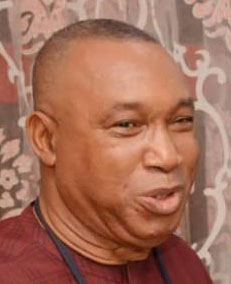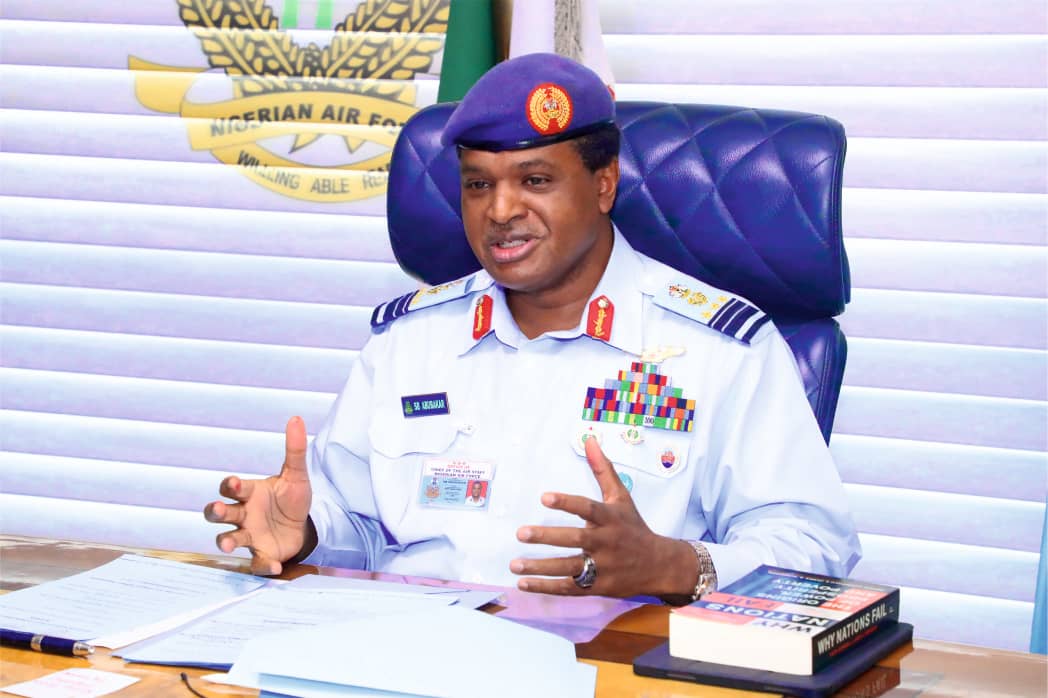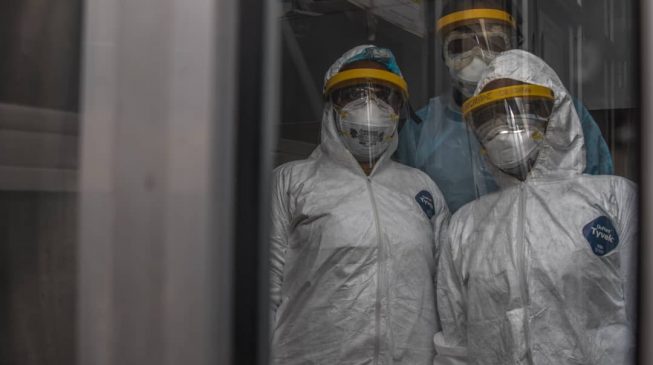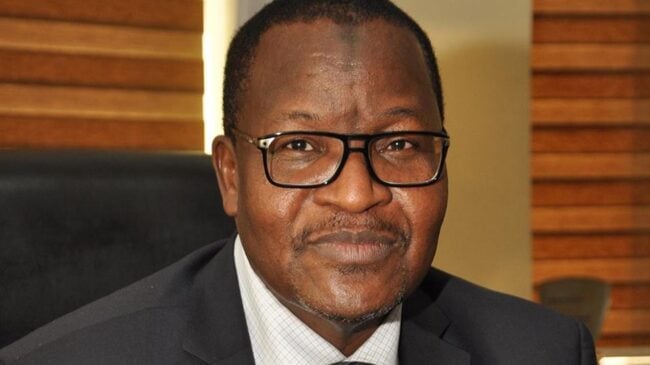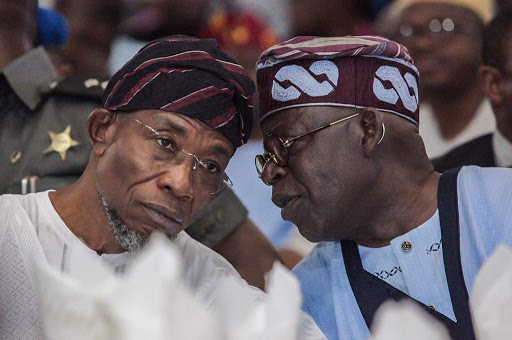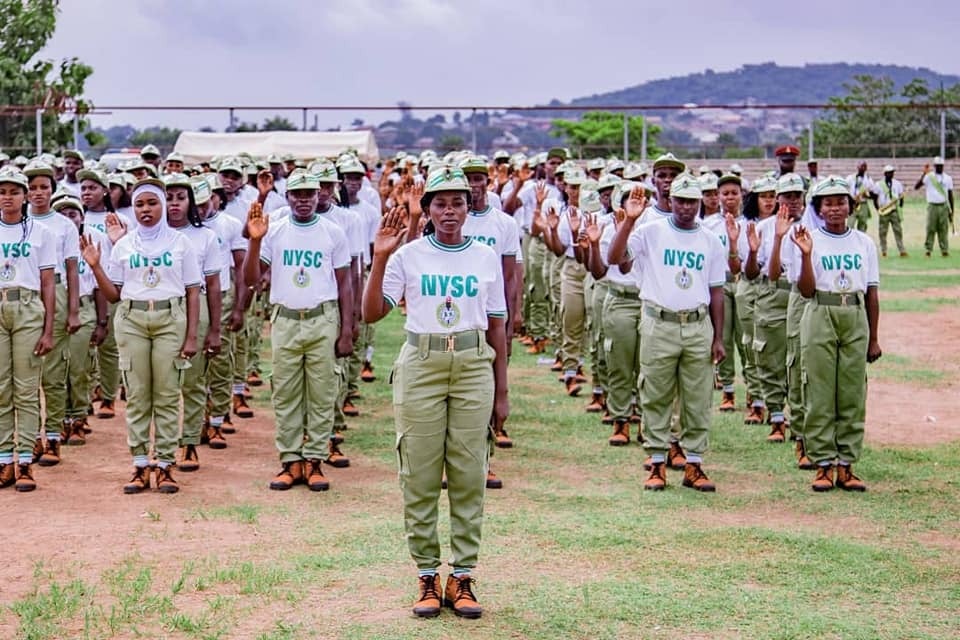If I had any doubt about how deeply disorienting the COVID-19 pandemic has affected our psyche, it is the fact that the 56th anniversary of the Nigerian Air Force (NAF) could have skipped my attention. As someone who has been associated with the Service in the past four years, I have come to appreciate the significant transformation that has taken place under the leadership of the incumbent Chief of the Air Staff Air Marshal Sadique Abubakar. It is in his ability to effectively translate President Muhammadu Buhari’s unparalleled support for the NAF, into epochal dividends, that Air Marshal Abubakar stands out not just as a patriotic military commander but a foremost transformational leader of men and materials. It is within this context that the 56th anniversary of the NAF should be considered and understood.
It is a huge task appraising the growth of a strategic institution such as the NAF in a very short article. Suffice it to say that this year’s anniversary of the NAF, the youngest member of Nigeria’s Armed Forces, deserves special mention, not only on account of the fact that, at 56, it has really come of age but also in recognition of the outstanding contribution the Service has made to the successes recorded in the counter-insurgency campaign, under the Muhammadu Buhari Administration. Doubtless to say, without the enhanced firepower of the NAF, culminating in highly destabilising aerial bombardment of the Boko Haram insurgents, the Nigerian Armed Forces would have been hard-pressed achieving even the modest “technical defeat”, of the insurgent group, that has been a perennial menace, over the past decade or so.
To those who would always dispute the successes recorded in the counter-insurgency effort, and that is without prejudice to the game of musical chairs that often plays out in the North East, it is noteworthy that, unlike the situation some years ago, today, neither do residents of the Federal Capital Territory of Abuja any longer dread visiting parks and gardens nor do they nurse any fears that they could be bombed at the various business plazas and places of worship, in the city. No longer are roads leading to strategic national institutions barricaded all round, with intra-city commuters subjected to excruciating traffic snarls and pervasive commutation rigmarole.
While the NAF has recorded an array of achievements since inception, my intimate relationship with the Service, in the past couple of years leads to the conclusion that never has the Service had it so good in terms of financial and logistical support, on the one hand, and Service delivery, on the other hand. Notable among these are the conscious pursuit of a diversity policy that has led to increase in the number of winged female combat pilots, from two to seven; successful induction (not unveiling), of the unmanned aerial vehicle (the Tsaigumi drone) in 2018; unprecedented growth of R&D epitomized in the domestication of aircraft maintenance and other equipment, manufacture of spares and placement of staff welfare and motivation on the front burner of leadership consideration.
Advertisement
It is axiomatic that every change, especially the paradigm shifting changes of the nature that are sweeping through the NAF, could only have been driven by purposeful goal-directed leadership. I should restate that I have been privileged to be associated with the Service during this period. I can say, without any fear of contradiction that the ability of the NAF to revive unserviceable aircraft that were deployed into the counter-insurgency campaign, is attributable to the bold initiative of Air Marshal Sadique Abubakar and the extra-ordinary ingenuity of the officers, men and women who, when challenged by the CAS, rose ebulliently to the demands of the moment.
Also noteworthy is the fact that the domestication of equipment maintenance and repairs, by the NAF, has impacted positively on the country’s institutions of higher learning, research agencies and engineering companies. As has become lamentably obvious, though the country’s higher institutions incubate a reservoir of geniuses, not many have been given the opportunity to showcase their talents. That ugly narrative has changed in the Buhari era, with the Air Force signing mutually beneficial MOUs with 26 entities: universities, research institutes and engineering companies.
I can confirm that the relationship between the Nigerian Air Force and the universities has tremendously boosted the ability of the Service in the re-activation of unserviceable platforms as well as the maintenance culture that has been the mantra of the Federal Government. My investigation into the R&D strides recorded under the Sadique Abubakar leadership of the NAF, took me to the University of Maiduguri in Borno State. Our target was Engineer Muhammed Shuwa, of the Mechanical Engineering Department, a man whose creative genius was responsible for re-launching the hitherto unserviceable Alpha Jet aircraft, into service. Ironically, that feat was achieved after all hope had been given up, over failure to source the anti-skid test bench for the aircraft, from either original equipment manufacturers (OEMs) or other vendors. Shuwa stoically rose to the challenge and in collaboration with men of the R&D Department of the NAF, was able to produce an improved version of the anti-skid test bench kit. Without the anti-skid test bench kit, the resuscitation of the firing power of the NAF, in the early days of the Buhari Administration, would not have been possible.
Advertisement
While this collaboration has been warmly received by the universities, it is equally true that NAF personnel, who are charged with R&D, have found the collaboration, a most rewarding experience. Without exception, while not diminishing the contributions of his predecessors, all the officers with whom I interacted unequivocally extolled the unparalleled catalytic role of the current Chief of the Air Staff, Air Marshal SB Abubakar, in the paradigm shift, that promises to place the NAF on a stronger footing, in the years ahead.
If the visionary emphasis on R&D has led to phenomenal improvements in local capacity building and firepower, the doctrinal changes that have occurred, in the past four years, have transformed the Service into a better coordinated security machine, positioned to achieve its motto of “Willing, Able, Ready”; a motto that is driven by the CAS SB Abubakar Vision Statement which is: “To reposition the Nigerian Air Force into a highly professional and disciplined force through capacity building initiatives for effective, efficient and timely deployment of air power in response to Nigeria’s national security imperatives”. The creation of two Commands: The Special Operations Command in Bauchi and the Ground Training Command in Enugu, constitute the high points of the dynamic changes in structure under the Buhari era.
Besides these radical changes, my personal observation is that Air Marshal Abubakar is a quintessential human resource engineer, not just a manager. While he demands loyalty to the President and the country, as irreducible minimum in the Service, he spares no effort or resource towards providing a welfare package large enough to motivate even the most recalcitrant Service personnel yet, prudent enough to adhere to the frugality that is the mantra of the Administration. From educational institutions to medical facilities, from personnel housing to barracks infrastructure, the past four years are regarded as perhaps, the renaissance years of the Service. To that extent, despite of the obvious internal security challenges, President Buhari can proudly beat his chest that the NAF, in its 56th year, has been an epitome of patriotic service.
With such highly motivated officers and men coupled with prudent management of resources, it is not surprising that the NAF has enjoyed the confidence and unflinching support of the President/Commander-in-Chief. He has spared no effort in approving the procurement of much needed military aircraft and equipment. At the last count, 22 new aircraft have been inducted into Service with another 16 aircraft expected to be delivered soon. The Service has also received, for both training and combat purposes, eleven additional aircraft from the MDAs with six being flyable, since 2015. This makes the era the most provisioned since Nigeria’s independence. It is perhaps instructive to note that more aircraft have been bought for the NAF, under the Buhari Administration, than at all other periods combined since 1999.
Advertisement
In retrospect, Nigeria’s founding fathers who, in 1964, moved the motion that created the NAF will be proud that the institution that, at inception, operated as a mere military transport corps without owning an aircraft has, over the years, morphed into a veritable instrument of national power, committed to securing the country’s territorial integrity. They will be proud as NAF combat aircraft fly missions, decapitating militants in Zamfara, maintaining peace in Taraba, Plateau and Benue while destabilizing insurgents in North East Nigeria.
By the same token, Nigeria’s founding fathers will be proud that, within the same period, the NAF has served as an instrument of Nigeria’s vibrant foreign policy. In this regard, it will be an unpardonable oversight not to recall the decisive role played by the NAF in carrying out the ECOWAS mandate that compelled former Gambian leader Yahyah Jameh, to respect the outcome of his country’s presidential elections. As Nigeria’s combat aircraft flew sorties over the Gambian skies, Jameh and his henchmen needed no further warning that the game was over. It was a move that earned Nigeria great respect and announced, in the dawn of the Buhari Administration, that an uncompromising exponent of no-nonsense diplomacy who had no reservation deploying air power, was ready to re-enact the same proactive posture of the Olusegun Obasanjo era.
Granted the various challenges and limitations that have plagued various institutions in Nigeria, including the NAF, as the Service marks the 56th anniversary, SB Abubakar can look back with satisfaction that not only did he dream big, he was able to position the Service in line with the President’s mandate and that going forward Nigerians can be confident that a vibrant template has been established to drive a formidable and dependable Air Force.
Advertisement
Add a comment
